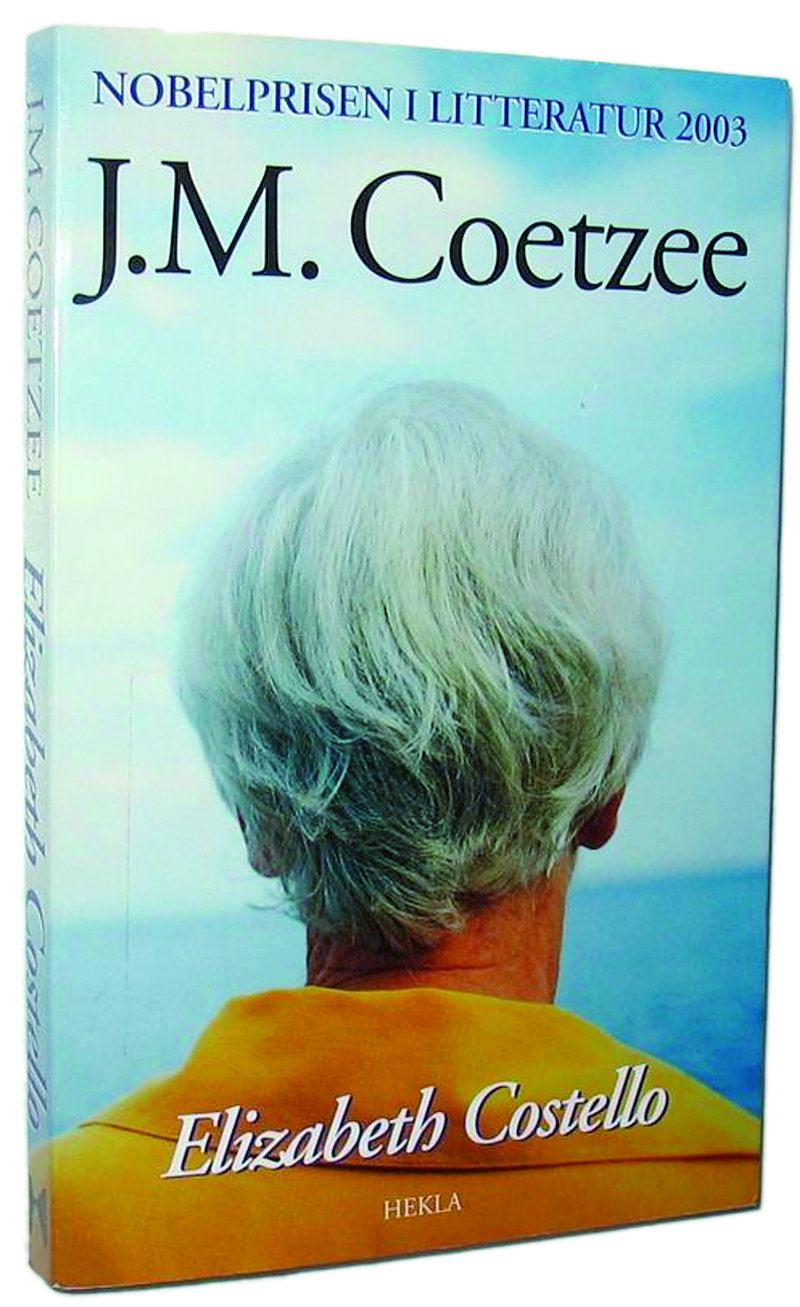THE AUTHOR’S MOUTHPIECE
Elizabeth Costello is that very rare thing: a commercially successful writer of fiction from Australia – the far end of the world that has typically given very little attention (or much else) to people who use words for their living and plenty of attention to those who are professionals in sports or make big bucks some other way.
It’d be an exaggeration to say that someone like this author would have to be invented in fiction because she simply couldn’t exist in real Australian life, but this is almost a forgivable exaggeration, given the interests of the populace there in mainly competitive activities.
At one point in JM Coetzee’s book she apologises to her audience: “I usually take care to conceal the extravagances of the imagination.”
Being in the creative fields in Australia is often a bit like being labelled as a poser. In that wide, brown land the word “intellectual” is sometimes used as a type of insult.
Costello though, as the author sets her out at least, is as good as a polemicist in the public lectures where she is invited to speak.
Heartfelt opinions
Within a few paragraphs of her first monologue about the philosophy of vegetarianism, I wondered whether I was actually listening to Coetzee’s real opinions because the arguments the character makes are so heartfelt. (A glimpse at the Acknowledgments section placed on the final page confirms that several of the chapters called “Lessons” were in fact published as non-fiction previously).
Later in the book, after Costello publicly compares abattoirs with the Nazi’s murder camps, we read variations on the first meat-free-living theme. “A sparrow knocked off a branch by a slingshot [or] a city annihilated from the air: who dare say which is worse?” a narrator asks on Costello’s behalf. Even the smell of a boiled egg “nauseates her” and this extreme Buddhist-like respect for the sacredness of all life swings between wholly convincing and repetitive ranting. It takes up large parts of the book, as does a dry examination of Greek myths.
Where frogs live
In one of the most moving sections though, Costello talks about what she ultimately believes in when she has to justify herself. In lovely images she explains where frogs live during Australia’s long dry spells. Oddly, it is here that she seems to be speaking for the writer in general, saying this “is a story I present transparently, without disguise.”
The book is lifted and somewhat lightened by the contents of a letter that Costello writes to her sister, who is a nun. In a surprisingly erotic scene, she tells of her lack of inhibition and displays of “humanity” one afternoon in her younger years.
Religion plays a key part in the book and a clever analysis of “The Virgin” Mary is a highlight. Costello ultimately has a strange belief in the devil but not in god and this forms a counterbalance with her sister and another author she battles with.
I also speculated about the possibility of Costello having been modelled on the great writer, VS Naipaul, clearly also a real arrogant doo-dah and a highly selective eater but undoubtedly deserving of his Nobel Prize for titles such as “A House for Mr Biswas”. Costello is best known for her novel “The House on Eccles Street”.
JM Coetzee’s semi-autobiographical “Boyhood” is a tighter, more consistent book than “Elizabeth Costello” but this book about a strong-minded woman is still certainly worth a read.

